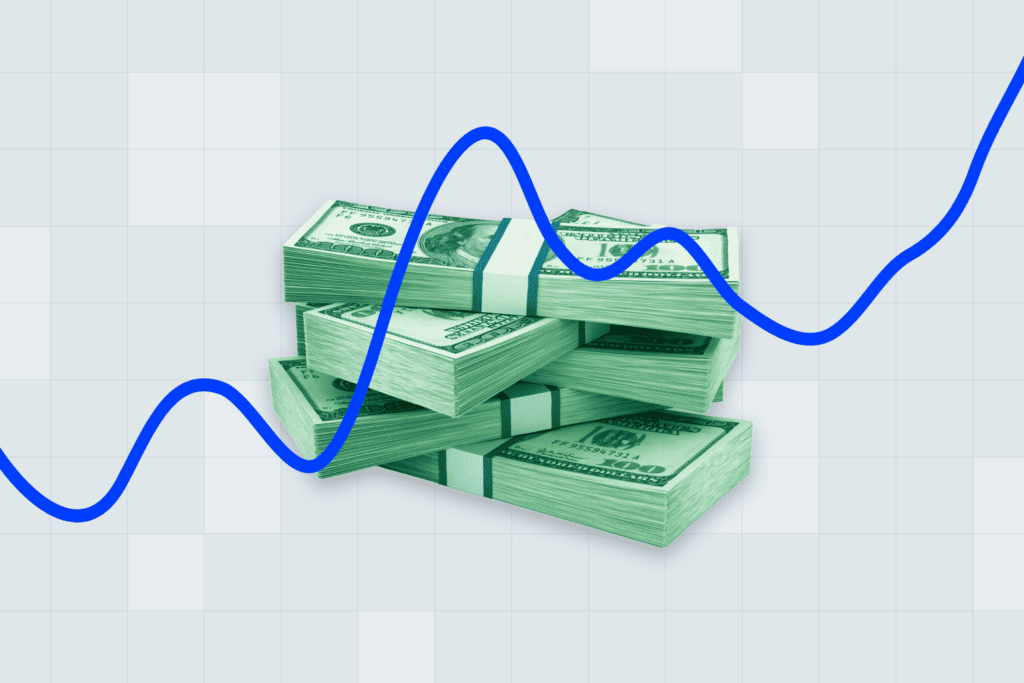According to Societe Generale data, trend-following hedge funds experienced significant losses in August due to their bets on the New Zealand dollar and Japanese stocks and bonds. The funds, which use algorithms to identify and ride price movements, finished August with long positions in Japanese government debt, US equities, and the Australian and New Zealand dollars.
However, some of the asset classes favored by these funds have proven to be loss-making this year. The worst-performing bets in August included 10-year Japanese government bonds, the Nikkei 225, the New Zealand dollar, and German and Italian stock markets.
In contrast, some assets that had been losing trades for most of the year, such as the Mexican peso, British pound, euro, blended gasoline, and US 2-year Treasuries, proved profitable in August.
The sudden market reversal in August was triggered by the unwinding of massive carry trades, leading to a vicious feedback loop of equity price drops, volatility, and hedge fund selling. While the market recovered later in the month, some trend-following funds experienced double-digit performance declines, including Eclipse Capital Management, Drury Capital, and SEB Asset Management.
However, some funds that focused on shorter-term trades recorded positive results in August, including Revolution Capital Management, Altiq, and Crabel Capital Management.



